Our Research Ecosystem
The Russia Program is responding to the challenges of studying Russia after February 24 with the creation of a novel research ecosystem that renews our methodological toolkit, creates new knowledge commons, and focuses on key research questions—all on a platform designed to spread knowledge to a broader audience.
What are Russians’ values, beliefs, and thinking?
Wartime Russia
The war invites us to favor more granular and grassroots approaches for a thicker conceptual knowledge of Russia and its society.
Multifaceted Russia
A forward-looking research project that studies Russia by giving more prominence to diversity.
How to envision Russia’s future?
Envisioning the Future
The war invites us to favor more granular and grassroots approaches for a thicker conceptual knowledge of Russia and its society.
Russia’s Arctic Future
A multidisciplinary research project that explores how Russia’s Arctic regions are changing and how local populations are dealing with sustainability issues.
New Methods and Knowledge Commons
How is the regime evolving in its internal balance and external outreach?
Russia's Political Culture
An in-depth research project that scrutinizes Russia’s political culture and ideological outputs, and maps its actors, institutions, and societal relevance.
Russia & the Global South
A research project that explores how Russia reinvents itself as a Global South power and how the Global South positions itself on the war
The Digital Methods School
A program for investigative research that seeks to go beyond conventional methods and mine unique data, taking the field of digital humanities to a new level.
A Bridge to Fieldwork
A project that bridges scholars and research assistants and help to organize remote
fieldwork in their respective localities in post-socialist countries.
fieldwork in their respective localities in post-socialist countries.
The Soviet Babylon Archives
A pioneering digital archive project that makes available and searchable declassified government files to create new virtual libraries without borders
Applied Oral History
Applied oral history aims at comprehending the present through retrospective analysis of political actors' motivations and behavior and provide insights for future policy-making.


